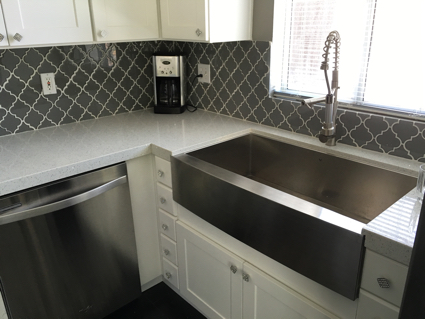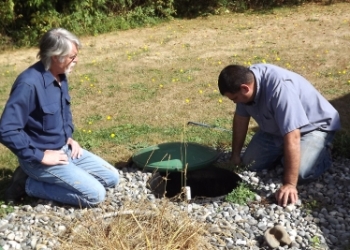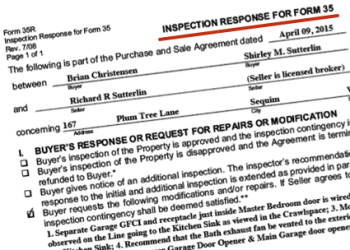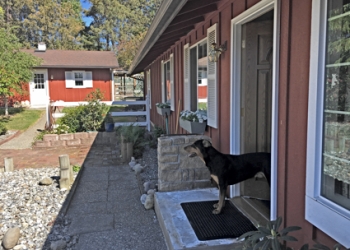Buying a home used to be much easier. A purchase and sale agreement was one page. Your loan application was two pages, and a few weeks later the transaction was closed in the real estate office with two or three signatures. Now the purchase and sale agreement is 14 pages with all the required addendums. There are loan officers, appraisers, loan processors, underwriters, title insurance companies, home inspectors, septic inspectors, well inspectors, escrow officers, and sometimes attorneys. There are multiple deadlines and complex alternate contract clauses. Closing involves several people, and you sign your name about 40 times in a stack of documents. Buying a home is much more challenging today than it when your parents bought their first home.
Buying a Home: Home Inspections
A couple of years ago I wrote that the biggest problem when buying a home is the mortgage process. That process is still a monster of bureaucracy, but another problem has taken first place as the biggest problem when buying a home. That problem is how home inspections are being conducted and how home inspection reports are being written. My intent in this article is to help you be proactive in understanding what you are likely to experience when you are buying a home.
Home inspectors are so terrified of legal liabilities, the majority are going way too far in identifying any and all potential issues discovered during a home inspection. What buyers really expect from a home inspector is to find out if something is broken, or not functioning the way it should. Buyers must be able to use the home inspection report to terminate the transaction if there is such a serious problem that it cannot be fixed.
Buyers who are buying a used home understand they are not buying a brand new home, and that there may be the normal wear and tear you would find in a home that has been lived in for decades. No one in their right mind would expect an older home to be exactly in the same condition as a brand new modern home just built.
But when you go through the process of buying a home and have your own home inspection done, it is almost guaranteed that your home inspector will fill the report with notations that various items are not perfect, and they go on with boilerplate warnings that you should have additional experts examine whether or not an item should be serviced or replaced–even when it is working perfectly. This has gotten totally out of control, and you should be aware of it, because most buyers assume their home inspector is warning them about serious problems in a home that need to be fixed, but these warnings are very often grossly exaggerated.
Home inspectors are using speculative language in their reports that is scarring the heck out of buyers. Home inspectors are killing transactions because buyers read the report, and make dozens of excessive demands of sellers that are totally unreasonable.
Why are home inspectors doing this? They are terrified that someone will sue them if there is some problem they don’t highlight, so they not only highlight every potential issue even when items are working perfectly, they go on with speculative language and make it sound like there are very serious problems when there are not. This has become the number one problem to deal with when buying a home. It’s crucial that you have a home inspector who does not speculate and who does not try to make you think an older home should be in the exact same condition as a brand new home. The key to a good home inspection report is that it focuses on the real need for the report by addressing one primary question “Is there anything broken in the house now?” There’s more to that question, but you get the point. Beware when you are buying a home, because the home inspector’s report is very likely to sound like the nice home you are purchasing is a major disaster with dozens of serious problems, even when everything is working properly.
Read more about the home inspection process and how to handle your own home inspection at: Buying a Home.
Last Updated on October 10, 2015 by Chuck Marunde

































